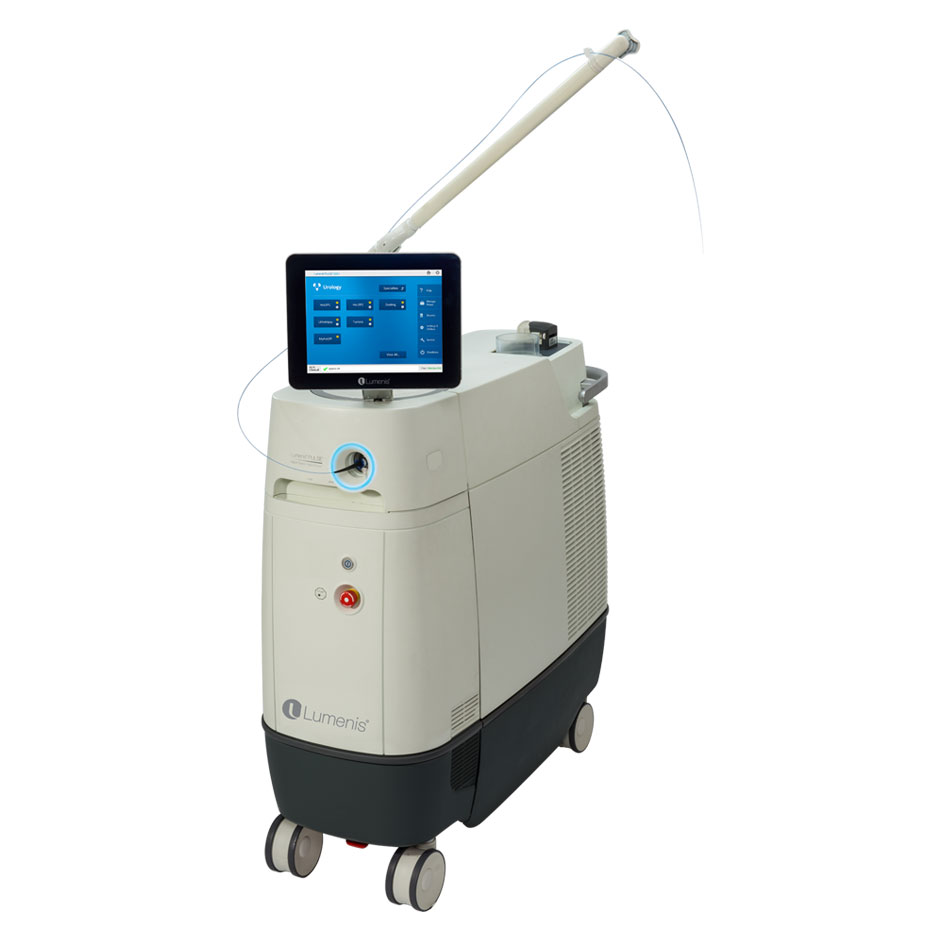Anyone sitting around and not being physically stressed (exercise etc) or running a fever etc can check their pulse/heart rate which will be considered their resting heart rate. A resting heart rate of 120 per minute may be normal for an infant but most adults should have a heart rate between 60–90 at rest.
To determine if 120 is a good or a bad resting pulse rate please select if you are analyzing the heart rate of a child (0-10 years) or a young adult / adult (10-99) years:

The heart rate was measured on a
- A heart rate at rest of 110 is outside the normal range. “The pulse at rest should usually be between 60 and 100 bpm,” says Daniel P. Morin, MD, FACC, Director of Electrophysiology Research and Director of Cardiovascular Research for the Ochsner Health System.
- 1 day ago Police neutralise bandit, rescue victim, recover 120 stolen animals in Katsina Authors: News Agency Of Nigeria. Welcome to the Pulse Community!
- Adult: Heart rate 130 or resting heart rate 130 - good or bad? You have taken the heart rate (pulse rate) of an adult and got a value of 130 bpm (beats per minute). For an adult with (in this case everyone older than 10 years) the heart rate may vary between 60-100bpm to be considered normal.
- The Pulse is built to meet the highest engineering standards, ensuring your system will stay cool even under the most demanding conditions. Comes with 8 LED lighting effects that can be controlled via LED control button. Pure copper water block with micro channel design. Pump coupled together with radiator instead of the block.

There are a lot of factors that influence the human heart rate, such as the physical fitness, medications, emotional changes or simply the air temperature and the position of the body.
But most of all, the heart rate changes on the person growing up and becoming older. Cut the rope 2 for mac. While a pulse of 150 on a 3 month old child can be perfectly within normal range it would be quite worrying to have said pulse as an adult.
Why is that?
Elephant and mouse - completely different heartbeats
Typically, small mammals have a much faster heart rate than larger mammals. For example, the resting heart rate of an adult mouse is about 500 bpm while elephants have a resting heart rate of around 28 bpm.Pulse 120 Per Minute

Larger animals obviously do have larger hearts too, and they again are connected to larger veins and larger arteries.Therefore their hearts can generate great pressures while pumping blood, and due to the quantity it also takes longer for the pressure to push the blood to limbs 'far' away.
Pulse 120

Comments are closed.